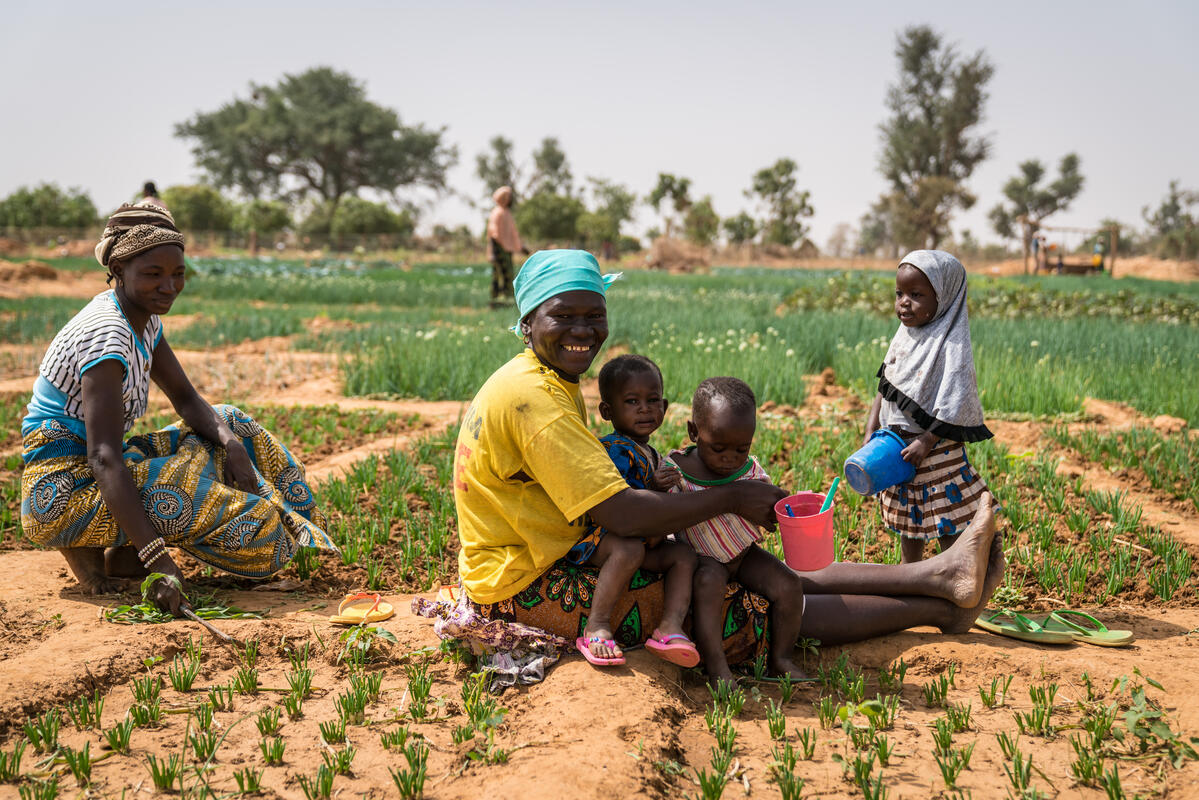moviescout.org – Burkina Faso, a landlocked country in West Africa, is highly vulnerable to the effects of drought due to its reliance on rain-fed agriculture. Drought conditions, which have become more frequent and severe due to climate change, significantly impact the agricultural sector, the backbone of the country’s economy. This article explores the multifaceted impact of drought on Burkina Faso’s agriculture and the efforts being made to mitigate these effects.
The Prevalence of Drought in Burkina Faso
Burkina Faso experiences a tropical climate with distinct dry and rainy seasons. The country’s northern regions are particularly susceptible to drought, as they are part of the Sahel, a transition zone between the Sahara Desert and the Sudanian Savanna. The impact of drought is not limited to these areas, however, as even the more fertile central and southern regions can suffer from periods of below-average rainfall.
Causes of Drought
Drought in Burkina Faso is primarily caused by a combination of natural climate variability and human-induced climate change. The increasing frequency and severity of droughts are attributed to global warming, which alters weather patterns and increases the likelihood of extreme weather events.
The Impact of Drought on Agriculture
Agriculture in Burkina Faso is predominantly rain-fed, making it highly susceptible to drought conditions. The impact of drought on agriculture is profound and multifaceted, affecting crop production, livestock, and the livelihoods of farmers.
Reduced Crop Yields
Drought leads to reduced soil moisture, which negatively affects crop growth and development. Staple crops such as millet, sorghum, and maize, which are crucial for food security, are particularly vulnerable. This reduction in crop yields not only threatens the food supply but also impacts the income of farmers who rely on the sale of surplus crops.
Livestock Losses
Livestock, another vital component of Burkina Faso’s agricultural sector, suffers during drought periods. The scarcity of water and pasture leads to reduced animal productivity, increased mortality rates, and a decline in the quality of milk and meat. This not only affects the nutritional status of the population but also undermines the livelihoods of pastoralists who depend on livestock for their income.
Economic and Social Consequences
The economic impact of drought on agriculture extends beyond reduced crop yields and livestock losses. It leads to increased food prices, food insecurity, and poverty. The social fabric is also affected, as drought can lead to conflicts over dwindling resources and can force people to migrate in search of food and work.
Mitigating the Impact of Drought
To address the impact of drought on agriculture, Burkina Faso, along with international partners, is implementing various strategies to build resilience and adapt to changing climate conditions.
Improved Agricultural Practices
The promotion of drought-resistant crop varieties, water-efficient irrigation systems, and conservation agriculture techniques can help farmers cope with reduced rainfall. These practices aim to improve soil health, enhance water retention, and increase crop yields even in dry conditions.
Water Resource Management
Effective water resource management, including the construction of small-scale water storage facilities and the rehabilitation of traditional water harvesting systems, can help mitigate the effects of drought. These measures ensure that water is available for both crop irrigation and livestock during dry periods.
Support for Pastoralists
Pastoralists are supported through the establishment of grazing reserves and the provision of veterinary services to protect livestock health. These initiatives help maintain livestock productivity and support the livelihoods of pastoral communities.
Conclusion
Drought poses a significant threat to Burkina Faso’s agriculture, with far-reaching economic and social consequences. However, through the adoption of resilient agricultural practices, effective water resource management, and targeted support for pastoralists, it is possible to mitigate the impact of drought. These efforts are crucial for ensuring food security, reducing poverty, and promoting sustainable agricultural development in Burkina Faso.
